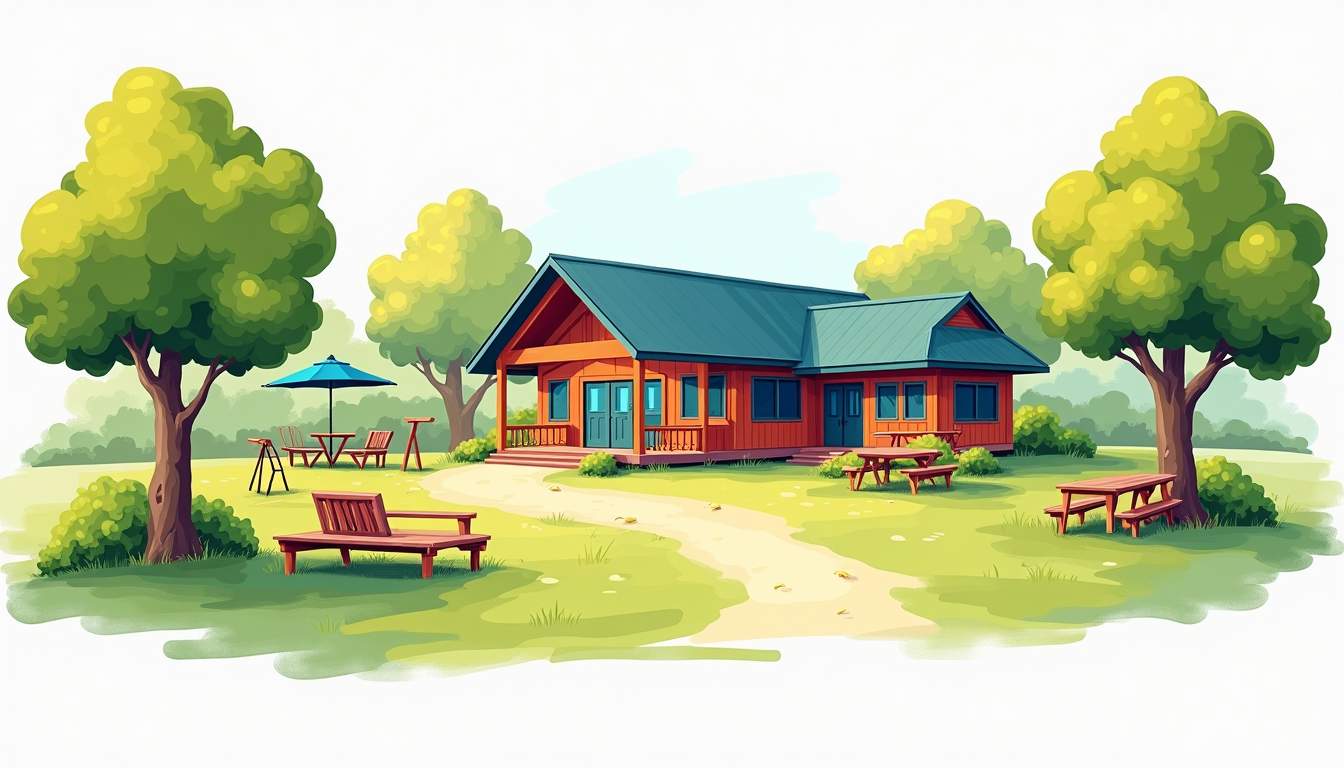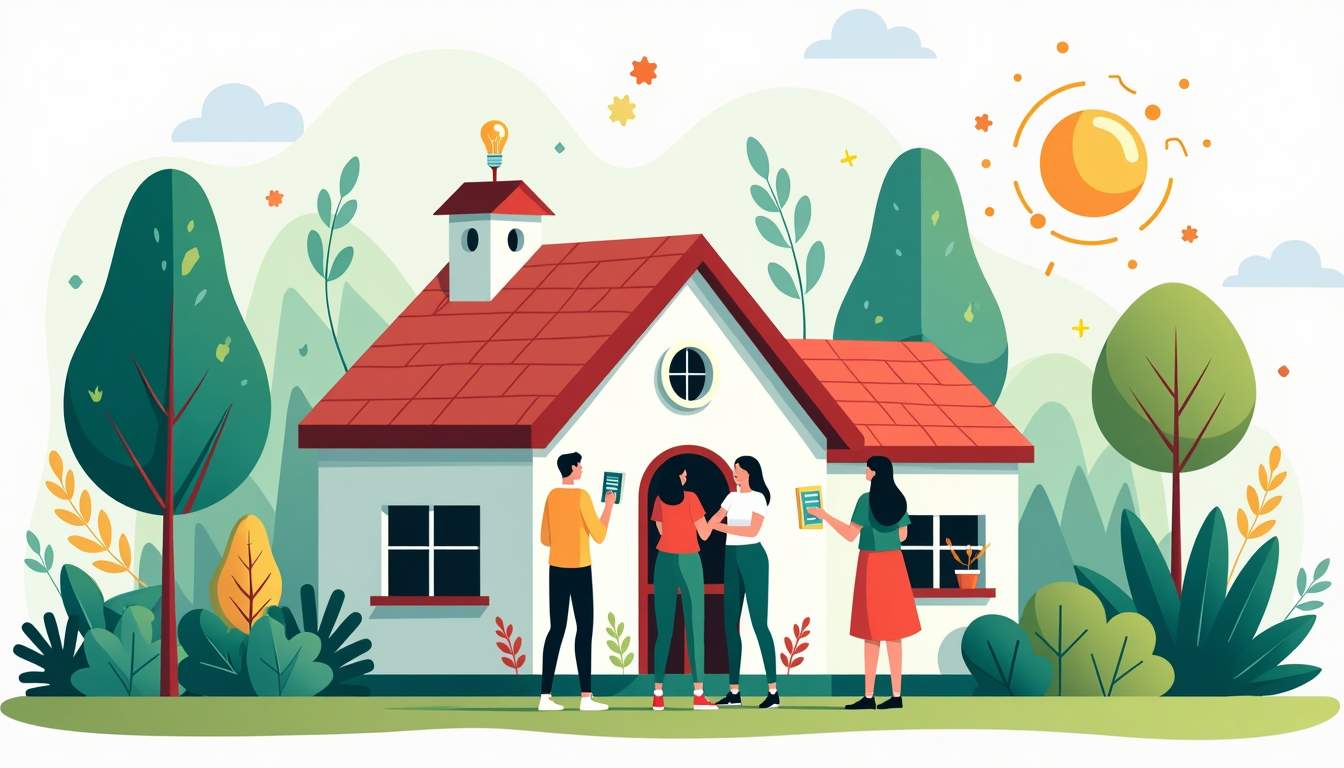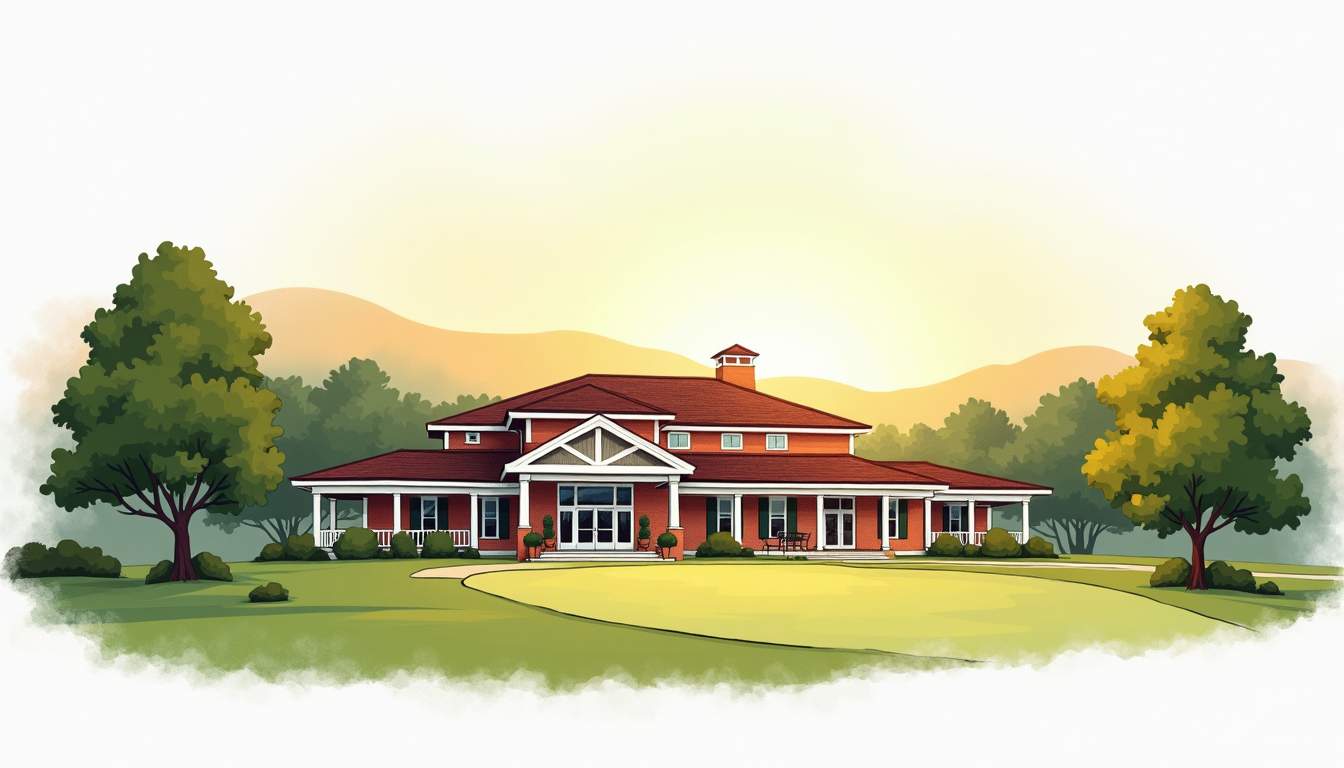
Tennessee National is more than a residential development or a golf community; it is a place where clubs, groups, and organized activities form the backbone of daily life. Clubs at Tennessee National connect neighbors with shared interests, provide structured ways to get involved, and create opportunities for learning, volunteering, and celebration. The variety of clubs—from golf and fitness to book discussions and charitable initiatives—reflects the diverse passions of residents and helps shape a vibrant community culture.
Clubs create predictable, recurring opportunities for interaction. Regular meetings, outings, and events give residents a reason to leave their homes, meet new people, and strengthen existing friendships. These gatherings reduce social isolation and build a sense of belonging that is increasingly valuable in suburban and planned communities.
Beyond social benefits, clubs also contribute to the mental and physical well-being of members. Participation in fitness classes, gardening groups, or hobby workshops encourages active lifestyles and continuous learning. Clubs become channels through which residents exchange knowledge, support one another, and celebrate milestones together.
Moreover, clubs often serve as incubators for leadership and community engagement, empowering individuals to take initiative and drive positive change within their neighborhoods. By fostering collaboration and shared goals, clubs help cultivate a stronger civic identity and encourage active participation in local decision-making processes. The ripple effects of club activities often extend beyond personal enrichment to influence broader community development.
The presence of diverse clubs catering to varied interests—from book clubs and art collectives to environmental groups and charitable organizations—enhances the cultural richness of a community. This diversity not only attracts new residents seeking an engaged and vibrant neighborhood but also nurtures mutual respect and understanding among longtime inhabitants, strengthening the social fabric over time.
Successful clubs consider the needs and schedules of a wide cross-section of the neighborhood. Meetings planned at different times of day, hybrid or outdoor options, and clear communication about accessibility help ensure that clubs are welcoming. Creating an atmosphere where new members feel invited and existing members rotate responsibilities fosters resilience and sustained participation.
Tennessee National supports a broad spectrum of clubs, each catering to specific interests and strengths in the community. The most active clubs often align with the community’s recreational assets—golf, tennis, and walking trails—but there are also thriving creative, service-oriented, and lifelong learning groups. This diversity means residents can find multiple avenues to plug in and contribute.
Golf and tennis clubs are cornerstones in communities with on-site courses and courts. These clubs host friendly competitions, clinics with teaching professionals, and social mixers that draw players of varying abilities. Walking groups, cycling clubs, and pool-based activities expand options for residents who prefer lower-impact or non-competitive exercise.
Sports clubs often act as incubators for intergenerational relationships. Juniors learn from experienced players, while older members benefit from the energy and new perspectives younger participants bring. Organized leagues and tournaments not only keep participants active but also create communal rituals—season openers, award banquets, and charity matches—that stitch the social fabric tighter.
Book clubs, art circles, gardening groups, and language conversation tables provide residents with meaningful ways to explore passions and develop new skills. These clubs complement the physical activities and offer intellectual stimulation and creative outlets. Workshops led by local artists, author talks, and community garden harvest festivals draw diverse attendance and encourage collaboration across other clubs.
Music ensembles and theater groups also have found a welcoming home, enriching the community’s cultural tapestry with seasonal concerts and dramatic presentations. These groups often invite guest performers and instructors, adding professional expertise that elevates residents' experiences. Additionally, lifelong learning seminars covering topics from local history to technology trends foster continuous growth, helping members stay curious and connected.
Many of these creative and educational clubs leverage the clubhouse and community center spaces for meetings and events, offering modern amenities that support multimedia presentations and social interaction. This infrastructure not only facilitates regular programming but also encourages spontaneous collaborations, such as combined art and literature evenings or gardening-themed potlucks, amplifying the sense of community engagement across interests.
Clubs don’t just entertain; they channel residents’ energy into civic goals. Many clubs at Tennessee National partner with local charities, organize donation drives, or coordinate volunteer efforts for causes such as environmental conservation, food security, and educational support. These initiatives extend the community’s impact beyond its borders and create a shared sense of purpose.
Formalizing volunteer roles within clubs—such as committee chairs for outreach, event coordinators, or volunteer liaisons—creates clear pathways for members to contribute in ways that match their abilities and time availability. Periodic service projects, like community cleanups or senior visitation programs, allow members to see tangible outcomes of their efforts and maintain long-term engagement.
Transparent reporting on volunteer hours, funds raised, or items donated reinforces the value of club activities. When members receive updates and stories about how their contributions made a difference, motivation increases. Simple communication tools, like monthly newsletters and social media updates, amplify achievements and invite broader community participation.
Clubs at Tennessee National anchor the social calendar with recurring events: seasonal festivals, themed dinners, arriving-new-members gatherings, and holiday celebrations. These rituals create continuity, mark the passage of time, and provide opportunities for neighbors to connect in relaxed settings. People remember shared experiences—picnics by the lake, a summer concert series, or an autumn chili cook-off—more than isolated interactions.
Cross-club collaborations multiply reach and create richer programming. For example, a health and wellness club might partner with the cooking club and Spanish conversation group to host a healthy living fair with multicultural demonstrations. By pooling resources and audiences, clubs can stage events that appeal to larger segments of the community and invite cross-pollination among members.
Welcoming programs that pair established members with newcomers accelerate social integration. Mentorship can be simple: a walking buddy, a volunteer guide to local amenities, or an invitation to a regular book club meeting. These small gestures reduce the friction of relocation and help new residents find their place in the community quickly.
Clubs serve as informal leadership laboratories where residents develop organizational, communication, and project-management skills. Club boards and committees require coordination, budgeting, event planning, and conflict resolution—skills that translate into broader civic engagement. When clubs rotate leadership and offer training or shadowing opportunities, more residents gain confidence to take on larger community roles.
Sustainable clubs plan for leadership transitions. Establishing clear role descriptions, maintaining documented procedures, and mentoring potential successors prevents burnout and ensures continuity. A club that can survive leadership changes without losing momentum is a club that continues to contribute to community life in the long term.
Consistent, multi-channel communication sustains membership energy. Email newsletters, a community website, bulletin boards, and social media groups work together to announce meetings, share photos, and celebrate achievements. Timely, concise messaging increases participation and reduces no-shows for events that require planning or limited capacity.

Technology makes it easy to coordinate calendars, collect dues, and manage RSVPs, but the human element remains essential. Personal invitations, phone calls to new members, and a visible presence at community events strengthen relationships beyond digital interactions. When technology supports rather than replaces personal outreach, clubs become more inclusive and resilient.
Well-run clubs contribute to the overall vibrancy and appeal of Tennessee National. Active social and recreational programming can be a selling point for prospective residents and help retain longtime homeowners. A neighborhood known for vibrant clubs tends to maintain higher levels of property satisfaction and perceived value.
Clubs often partner with nearby businesses—restaurants, fitness studios, or arts suppliers—for event sponsorships and member discounts. These partnerships create a mutually beneficial ecosystem, bringing additional amenities to residents while driving local economic activity. Small-business collaboration also broadens the variety of experiences clubs can offer.
Clubs face common challenges: volunteer fatigue, communication lapses, and shifts in member demographics. Addressing these issues requires intentional strategies: recruiting new leaders early, diversifying program formats, and soliciting regular feedback. Proactively tackling obstacles keeps clubs adaptable and relevant to changing community needs.

Bridging generational gaps strengthens club vitality. Programming that includes both older and younger adults—such as storytelling nights, family-friendly outings, or skill-sharing workshops—creates shared purpose and prevents silos. Intergenerational mentorship enriches the exchange of experience and innovation across the community.
Clubs are central to how Tennessee National cultivates community engagement. They provide structured social opportunities, support civic initiatives, enhance physical and mental well-being, and contribute to a sense of belonging. When clubs operate with inclusivity, clear communication, and sustainable leadership practices, they become engines of connection and community resilience.

By nurturing a landscape of varied clubs that welcome new participants and foster collaboration, Tennessee National continues to evolve as a place where neighbors become friends and shared activities weave a strong community fabric. The ongoing challenge is to keep those doors open, encourage quiet participation as well as visible leadership, and celebrate the everyday moments that turn a development into a neighborhood.
Join a thriving neighborhood where clubs and shared experiences form the heart of daily life. At Tennessee National, luxury living blends seamlessly with vibrant social connections, from our Greg Norman Signature Golf Course to an array of member amenities and active clubs. Whether seeking a move-in ready home or custom build, you can embrace resort-style living surrounded by welcoming neighbors and endless opportunities for engagement. Schedule a private tour today and start creating your own story within our exceptional community.